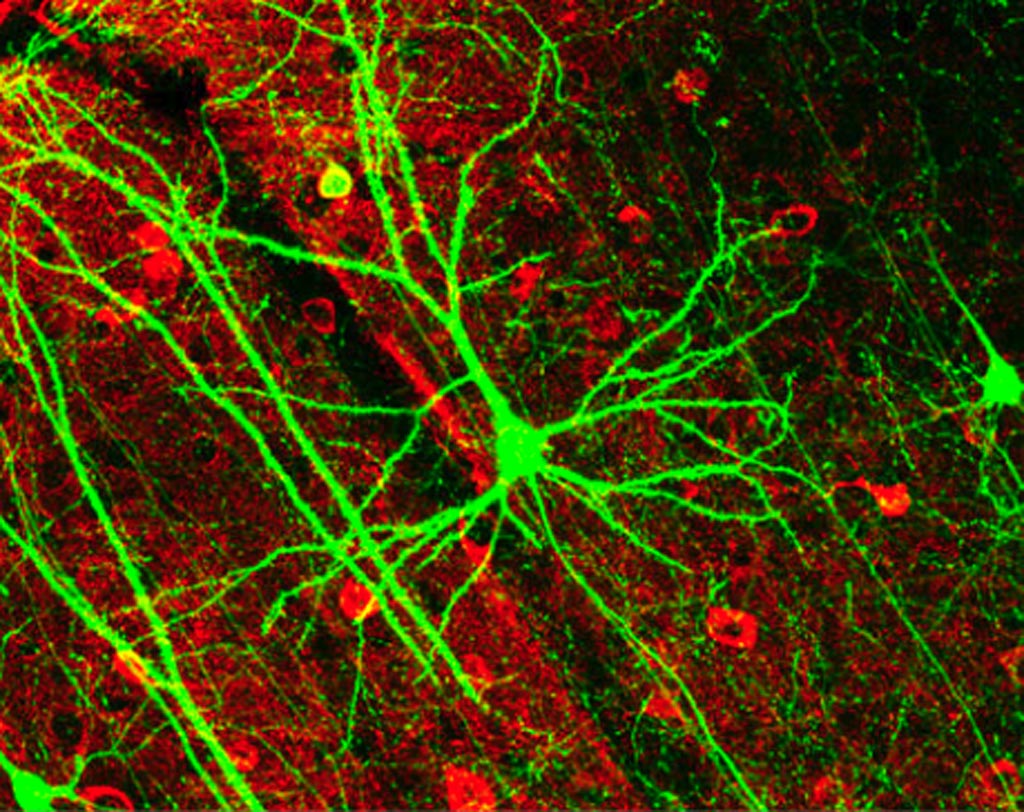Genome-wide Association Study Identifies New Bipolar Disorder Loci
By LabMedica International staff writers
Posted on 13 May 2019
Results obtained by a large genome-wide association study performed on individuals with bipolar disorder identified 20 new genetic associations involving genes encoding ion channels, neurotransmitter transporters, and synaptic components.Posted on 13 May 2019
Bipolar disorder, previously known as manic depression, is a mental disorder affecting approximately 60 million people worldwide that causes periods of depression and periods of abnormally elevated mood. The risk of suicide among those with the illness is high at greater than 6% over 20 years, while self-harm occurs in 30-40%. The causes of the disorder are not clearly understood, but both environmental and genetic factors play a role. Many genes of small effect contribute to risk. Environmental risk factors include a history of childhood abuse and long-term stress.

Image: Brain imaging studies have revealed differences in the volume of various brain regions between patients with bipolar disorder and healthy control subjects (Photo courtesy of Wikimedia Commons).
The condition is classified as bipolar I disorder if there has been at least one manic episode, with or without depressive episodes, and as bipolar II disorder if there has been at least one hypomanic episode (but no manic episodes) and one major depressive episode. Bipolar I disorder is strongly genetically correlated with schizophrenia, driven by psychosis, whereas bipolar II disorder is more strongly correlated with major depressive disorder.
To identify genes associated with bipolar disorder, investigators at the Mount Sinai School of Medicine (New York, NY, USA) and at more than 200 collaborating institutions performed a genome-wide association study (GWAS) including 20,352 cases and 31,358 controls of European descent, with follow-up analysis of 822 gene loci in an additional 9,412 cases and 137,760 controls.
Analysis of the results revealed 30 loci that were significant genome-wide, including 20 newly identified loci. The significant loci contained genes encoding ion channels, neurotransmitter transporters, and synaptic components. Pathway analysis revealed nine significantly enriched gene sets, including those regulating of insulin secretion and endocannabinoid signaling. Eight of the genes linked to bipolar disorder harbored schizophrenia associations as well.
"The crux of this international collaborative study was, in essence, to connect the dots," said first author Dr. Eli Stahl, assistant professor of genetics and psychiatry at Mount Sinai School of Medicine. "By discovering new genes associated with bipolar disorder and demonstrating their overlap with genes found in other psychiatric disorders, we bring ourselves closer to finding the true genetic underpinnings of the disease and improving patient outcomes."
The bipolar disorder GWAS paper was published in the May 1, 2019, online edition of the journal of Nature Genetics.
Related Links:
Mount Sinai School of Medicine













